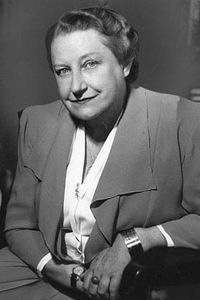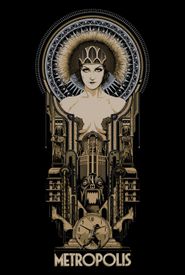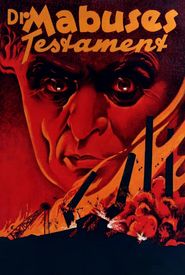Thea Gabriele von Harbou, a celebrated German actress and author of noble Prussian heritage, emerged into the world in the charming town of Tauperlitz, situated within the picturesque Kingdom of Bavaria. Her existence was characterized by a captivating paradox, as she was not only a gifted performer and scribe, but also the devoted spouse of the renowned filmmaker Fritz Lang, with whom she collaborated on the pioneering 1927 science fiction masterpiece Metropolis.
The prolific and multifaceted creative genius of Thea von Harbou, whose innovative approach to storytelling saw her screenplays transformed into novels, thus bridging the gap between the cinematic realm and the printed page, allowing for a more profound and personal connection with her audience.
As her life unfolded, a significant turning point emerged in 1933, when Lang, owing to his Jewish heritage, was compelled to abandon his homeland, fleeing the oppressive regime of Nazi Germany, leaving von Harbou to navigate the complexities of her own existence in the wake of his departure.
As the dust settled following Lang's departure, von Harbou's professional trajectory took an unexpected and controversial turn, marked by her involvement in the creation of several Nazi propaganda films, a decision that would ultimately irreparably sully her otherwise distinguished legacy.
During this tumultuous period, von Harbou entered into a union with Ayi Tendulkar, a journalist of Indian descent, a marriage that would introduce a vibrant tapestry of cultural diversity to her life, enriching her personal and professional experiences in profound ways.
The life of von Harbou, a pioneering figure in the world of cinema, was tragically brought to a premature close in the year 1954, leaving behind a multifaceted and frequently paradoxical heritage that continues to captivate and intrigue scholars and cinephiles alike to this very day, a testament to the enduring power of her creative output and the profound impact she had on the art form she helped shape and mold.






























